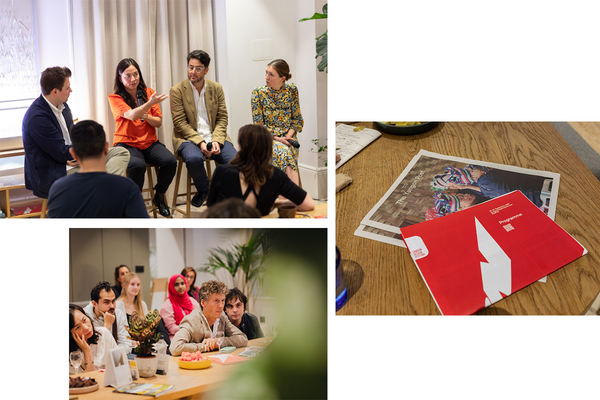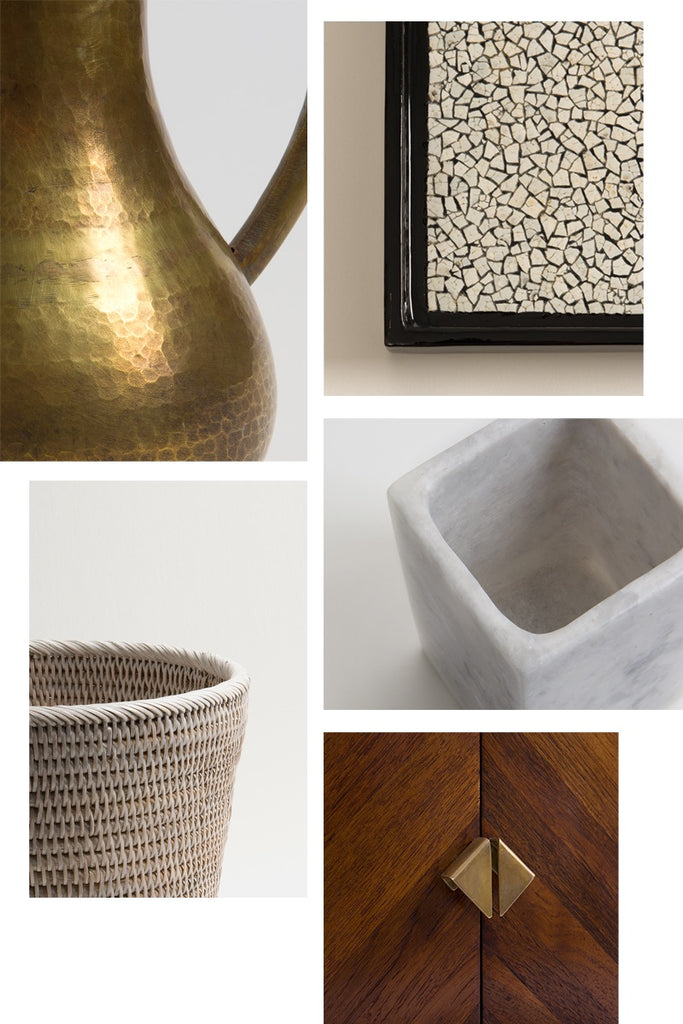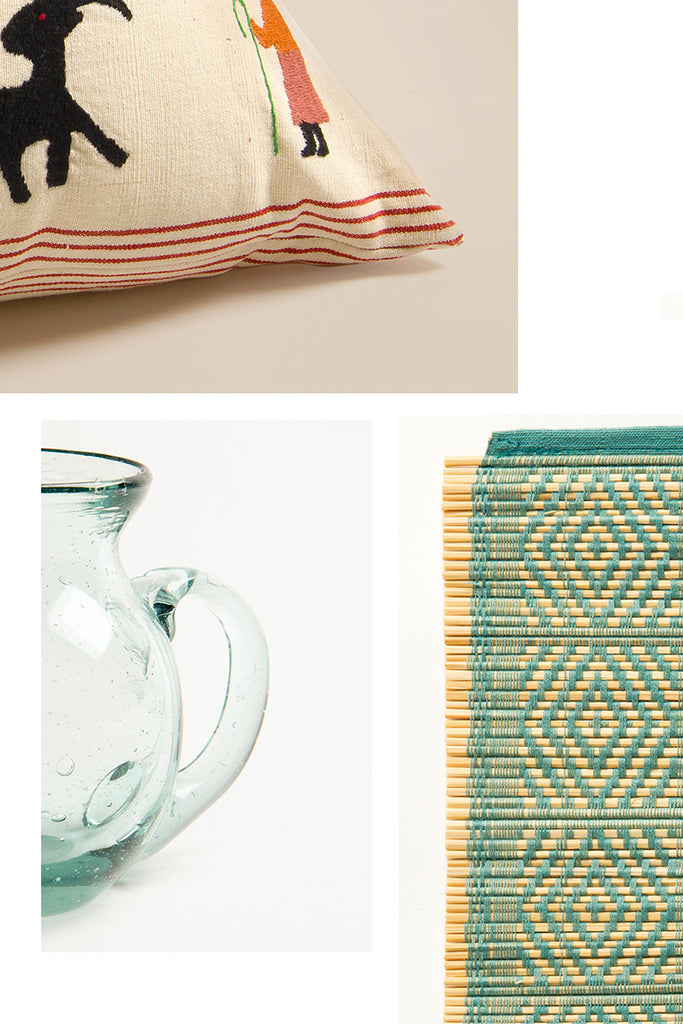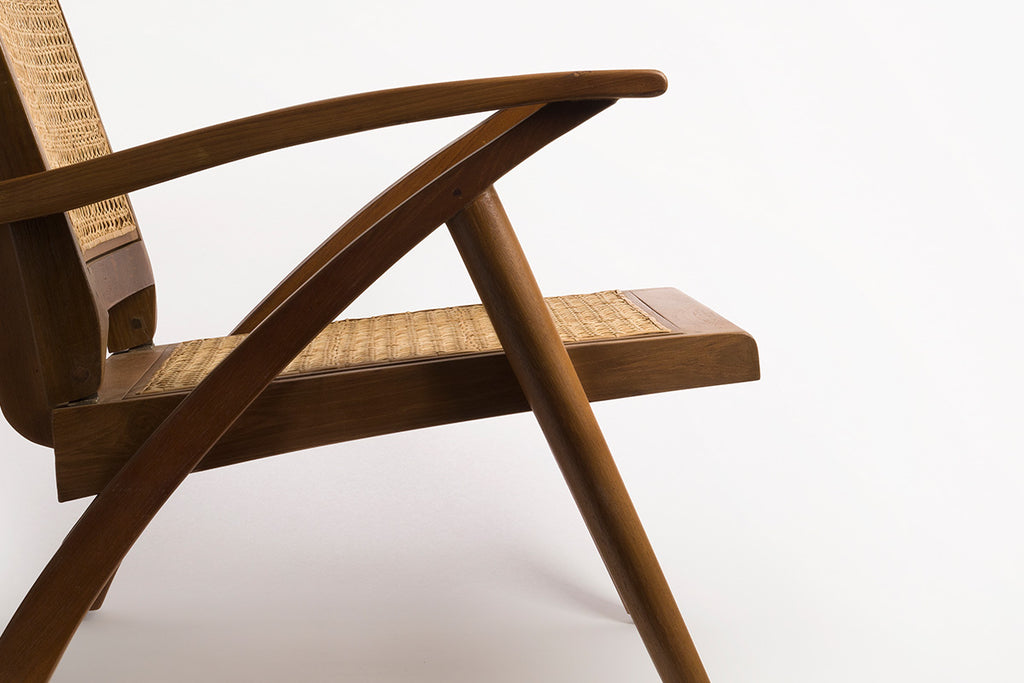Last week, as part of the London Design Festival, Sophie joined the panel at Inhabit Hotels for a discussion around design and wellbeing, alongside Richard Holland from Holland Harvey architects and Marie Carlisle of Goldfinger Design, steered by Josh Fehnert, editor of Monocle Magazine.

They talked about the physicality of design. About how your feeling in a space is affected by how you feel about the objects and materials that make up that space. About how light and natural materials have a physical affect on you and change your mood.
They discussed the importance of switching off screens and forging human connections, and how design can enable this.
They celebrated the shifting definition of "luxury" from a state of opulence and lavish abundance to a focus on conscious consumption, community values and holistic wellbeing.
It made us really consider how the materials we work with at Kalinko make us feel. About what we think when we look at our products, touch them, use them. Where we go in our mind when we clock them in our spaces.

For us it's always to Burma. To the makers working away in their homes. To the faces peering out of wooden window-frames. To the places. To the breeze through the trees and the golden light creeping across the shadows. To the mountain tops, the lapping water, the first plips of the monsoon rain bouncing off the red dusty ground.

The memories make us happy. The materials and shapes make us calm. The reminder of the resilience of the makers encourages us to work harder. We can hear their hammers on brass, or on the nails of a rattan frame, a heartbeat that never gives up.
So yes. Design can affect health and happiness. Ours, our makers', hopefully our customers'. Physically, metaphorically, holistically.

Ps. Richard and Marie were incredibly inspiring.
Richard's firm, Holland Harvey, are a totally value-driven architecture studio. 100% of the waste from their Inhabit Hotels project was diverted from landfill, they painstakingly source ethically and responsibly, and drill deeply into the embodied carbon of their materials. They have also done some very cool projects, including the Tate Cafe, and they donate 1% of their time annually to third sector projects. Have a look here.
Goldfinger, founded by Marie, primarily makes bespoke wooden furniture for homes and commercial projects. All of their profits go into their apprenticeship programme which teaches woodworking to marginalised young people, and also to their People's Kitchen, which cooks and delivers restaurant-quality food to vulnerable members of their local community. Read all about it here.





